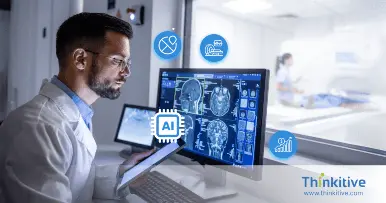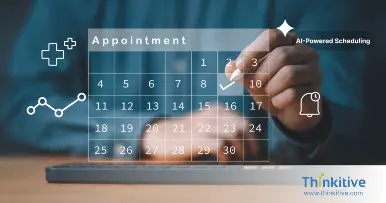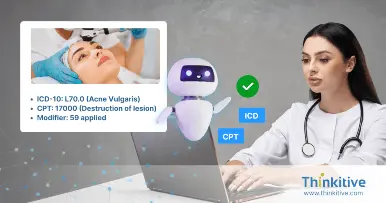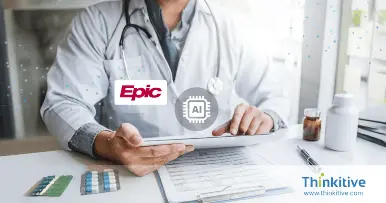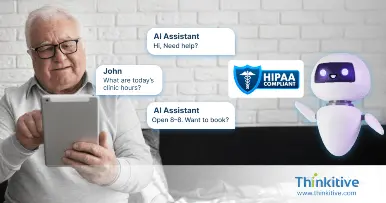Business Challenges
- Complex Cardiac Risk Assessment Requirements
- Medication Interaction and Dosing Complications
- Inconsistent Guideline Adherence Across Providers
- Time-Sensitive Critical Alert Management
- Evidence-Based Treatment Protocol Variations
- High-Volume Patient Care Coordination
Solution
- Intelligent Cardiac Risk Stratification System
- AI-Powered Medication Management Platform
- Automated Clinical Guideline Integration
- Real-Time Critical Alert Processing
- Evidence-Based Treatment Recommendations
- Smart Patient Care Coordination Hub
Value Delivered
- AI risk assessment improves cardiac event prediction accuracy by 87%, enabling proactive intervention strategies.
- Automated medication screening prevents 94% of potential drug interactions, reducing adverse events by 52%.
- Guideline integration increases protocol adherence by 78%, standardizing care quality across all providers.
- Real-time alerts reduce critical event response time by 45%, improving patient outcomes and safety metrics.
- Evidence-based recommendations decrease treatment variation by 65%, optimizing therapeutic effectiveness.
- Smart coordination reduces patient care gaps by 83%, ensuring seamless care transitions and follow-up compliance.
Solution Implementation
Our client, a premier high-volume cardiology center in Texas serving over 15,000 patients annually, was struggling with the complexity of modern cardiac care delivery across their team of 25 cardiologists and 40 clinical staff members. The practice was experiencing inconsistent adherence to evidence-based guidelines, medication management challenges, and difficulty maintaining optimal care coordination in their fast-paced environment. Clinical decision-making was increasingly complex due to evolving treatment protocols, multiple comorbidities, and the need for real-time risk assessment capabilities. Our AI-powered health solutions, equipped with a clinical decision support system, provide an intelligent platform that seamlessly integrates with their existing workflows to deliver personalized, evidence-based recommendations at the point of care. This comprehensive solution transformed their clinical operations from reactive care delivery to proactive, data-driven decision-making that consistently optimizes patient outcomes while reducing physician cognitive load and improving operational efficiency.
Intelligent Cardiac Risk Stratification System
Our advanced AI system continuously analyzes patient data, including laboratory results, imaging studies, vital signs, and clinical history, to provide real-time cardiac risk assessments that guide treatment decisions and intervention timing. The system utilizes machine learning algorithms trained on extensive cardiac datasets to identify subtle patterns and risk factors that may not be immediately apparent to clinicians during routine evaluations. This intelligent stratification capability enables early identification of high-risk patients who would benefit from intensive monitoring or preventive interventions. The system integrates seamlessly with existing EHR platforms and provides intuitive visualizations that help clinicians quickly understand patient risk profiles and make informed decisions about treatment intensity, monitoring frequency, and referral timing for optimal patient outcomes.
- AI analyzes comprehensive patient data for real-time risk assessments.
- Machine learning identifies subtle patterns and emerging risk factors.
- Early identification enables proactive intervention for high-risk patients.
- Intuitive visualizations support informed treatment decisions and timing.
AI-Powered Medication Management Platform
The AI system provides comprehensive medication management capabilities that analyze drug interactions, dosing appropriateness, and therapeutic effectiveness based on patient-specific factors, including renal function, cardiac status, and concurrent medications. Advanced algorithms continuously monitor medication regimens and provide real-time alerts when potential interactions, contraindications, or dosing adjustments are identified. The platform maintains an extensive database of cardiac medications, drug interactions, and dosing guidelines that is continuously updated with the latest pharmacological research and safety data. Machine learning capabilities analyze patient response patterns to optimize medication selection and dosing recommendations while considering individual patient characteristics, comorbidities, and treatment goals to maximize therapeutic benefit while minimizing adverse effects.
- Comprehensive analysis of drug interactions and dosing appropriateness.
- Real-time alerts for potential interactions and contraindications.
- Extensive database with the latest pharmacological research and safety data.
- Machine learning optimizes medication selection based on patient characteristics.
Automated Clinical Guideline Integration
Our AI system seamlessly integrates current evidence-based clinical guidelines into the workflow, providing real-time recommendations that align with the latest American College of Cardiology, American Heart Association, and other professional society guidelines. The system automatically updates as new guidelines are published and provides contextual recommendations based on patient-specific factors and clinical presentations. Advanced natural language processing capabilities analyze clinical documentation to identify opportunities for guideline-concordant care and provide specific recommendations for diagnostic testing, treatment protocols, and follow-up care. The platform tracks guideline adherence across providers and patient populations, providing valuable insights for quality improvement initiatives while ensuring consistent, evidence-based care delivery that meets regulatory requirements and accreditation standards.
- Real-time recommendations align with the latest professional society guidelines.
- Automatic updates ensure current evidence-based care standards.
- NLP analyzes documentation for guideline-concordant care opportunities.
- Adherence tracking supports quality improvement and regulatory compliance.
Real-Time Critical Alert Processing
The AI system provides intelligent critical alert management that prioritizes urgent clinical situations based on severity, time sensitivity, and patient-specific risk factors to ensure appropriate clinical response and intervention timing. Advanced algorithms analyze multiple data streams, including laboratory results, vital signs, imaging findings, and clinical notes, to identify critical situations that require immediate attention. The system differentiates between routine alerts and truly critical situations to reduce alert fatigue while ensuring that high-priority issues receive immediate clinical attention. Intelligent routing capabilities direct alerts to the most appropriate clinical team members based on availability, expertise, and patient care responsibilities, while maintaining comprehensive audit trails for quality assurance and regulatory compliance purposes.
- Intelligent prioritization based on severity and patient-specific factors.
- Multi-data stream analysis identifies critical situations requiring attention.
- Differentiation reduces alert fatigue while ensuring high-priority response.
- Intelligent routing directs alerts to appropriate clinical team members.
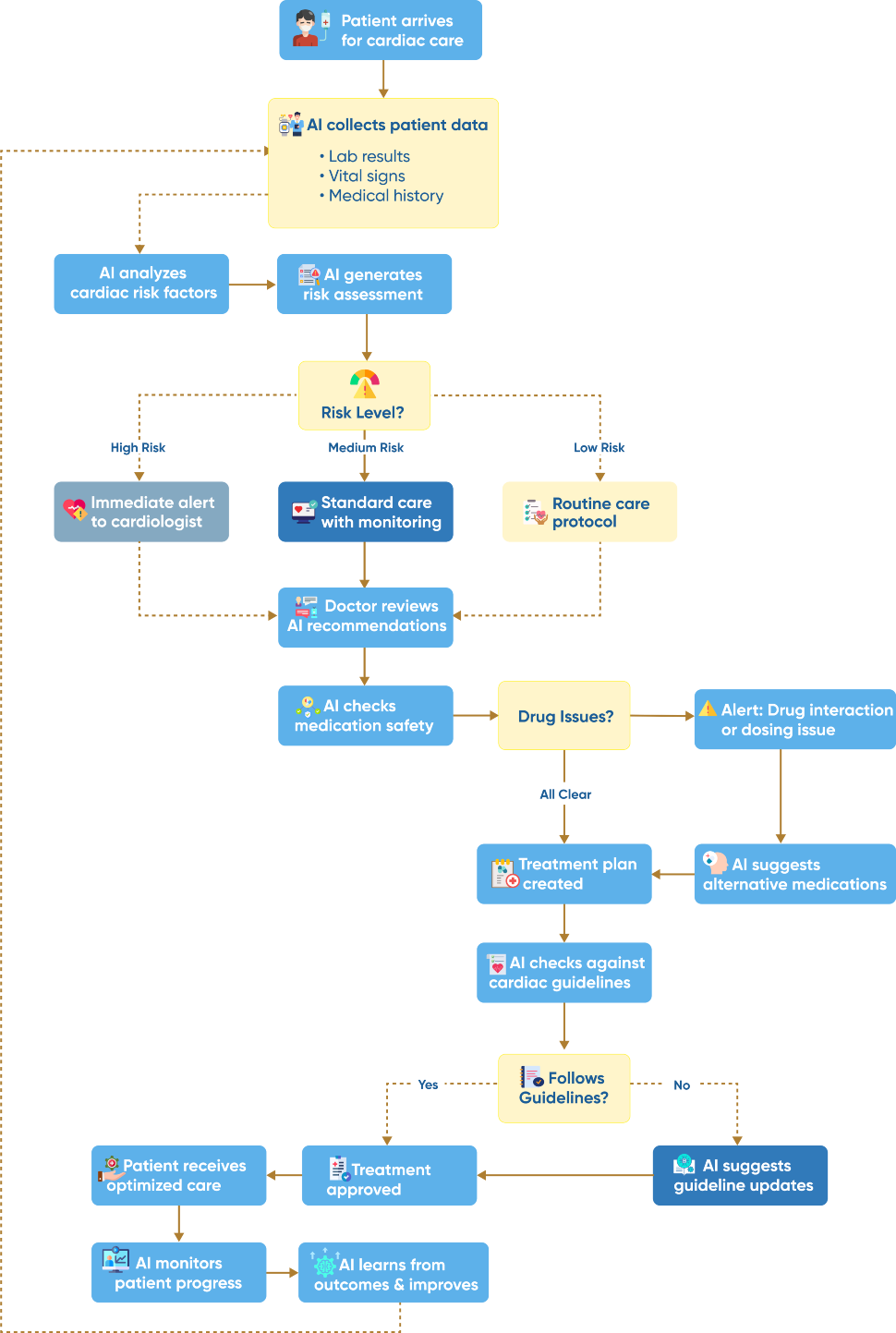
Business Value
Improving UX
Helped being on the same page with the patients. We improved User experience and made the accuracy of the results higher.
Developing All Flow
Helped in having a competitive advantage. We chose a proper tech stack, developed all flow from A to Z and implemented in real life.
Optimization
Increasing operational speed by 2 times. Now all data in one place. Increasing operational speed by 2 times. Now all data in one place.
Transform Your Business with Powerful Insights Enabled by Cutting- Edge Generative AI





